The leader of Dundee City Council says he believes a £1 billion redevelopment of the city’s Waterfront will “absolutely” be finished by its 2031 target.
The regeneration project, which started in 2001, aims to bring thousands of jobs to the city and transform the area once occupied by docks, Tayside House and the old Olympia swimming pool.
So far, the £80 million V&A museum, a new railway station, Slessor Gardens, an urban beach and a Site 6 office block have been built – alongside other smaller developments.
However, work has slowed in the past couple of years due to the impacts of the likes of Covid and the cost-of-living crisis.
Despite these challenges, John Alexander is adamant the Waterfront project remains on track.
He told The Courier: “There are no surprises from our perspective from where we’re at with the Waterfront – in saying that, very clearly there have been impacts throughout that journey.
Crises have ‘slowed progress’ at Dundee Waterfront
“Within the last 15 years or so, we’ve had the global financial crisis in 2008 and we’ve had the impact of things like Brexit that have knocked investor confidence.
“Then more recently, the pandemic and the cost-of-living crisis are weighing heavily on business – and commercial outlets just as much as individuals and households.
“So all of those things slow conversations down and slow progress.”
Asked whether he believes the redevelopment will be completed by 2031 as intended, Mr Alexander said: “Yes, absolutely.
“Within the development of the overall Waterfront there are only three sites at this point in time where there isn’t an active conversation under way, or an exclusivity agreement, or a development on site – and that for me is a real positive.”
Dundee City Council has faced criticism over its drive for more office blocks at the Waterfront.
Chrissie Hynde, singer with The Pretenders, even branded the block on Site 6 – opposite the V&A – a “horrible carcass” during a gig at Slessor Gardens.
Waterfront offices ‘can help prevent council cuts’
Mr Alexander insists that council-led projects like office blocks at the Waterfront benefit the entire city.
He said: “Everybody always points to vacant office developments in the city but the council doesn’t own the vast majority of office blocks and I’m not in a position where I can just make everything happen.
“We’ve got to look at the demand and what we’re seeing in Dundee is that grade A office space is something that we’re short of.
“We don’t build things for the sake of building them, it’s to generate economic benefit which helps every single person in the city.
“There are three specific locations or types of investment, that the council has led, that this year alone will generate between £2-3m coming back into the council.
“When we do these things, whether it be Sleeperz (hotel) or the (Site 6) office development, that generates an income for the council and that income pays for social workers, it pay for teachers, it fixes potholes, it gets litter picked off the street.
“If I can generate millions of pounds through some of these commercial contracts, at the same time as my budget might be falling, then that means less cuts.”
‘More bars and restaurants dilutes the market’
Nine years ago, council leaders said they wanted the Waterfront to be “buzzing” with visitors and a vibrant nightlife.
So far, only Tesco has moved into a newly-created retail unit at the Waterfront.
A cafe/bar created as part of the new railway station building remains empty.
Mr Alexander says the approach to retail has changed over time.
He said: “The more you have bars, restaurants etc, the more it dilutes the market.
“What I don’t want to see is further development that dilutes the market to such a degree that we see other businesses closing.
“We need to safeguard what we’ve got in our city centre and not create risks for jobs, so my focus just now is: let’s maintain what we’ve got and at the right time, start adding into things.”
Mr Alexander says that since the launch of the Waterfront’s 30-year masterplan, the city has benefited from opportunities that were never initially anticipated.
Deprivation ‘driving factor’ behind Waterfront
He said: “The development itself is partly what has attracted things like the V&A and the Eden Project.
“It’s what’s helped attract the narrative in the Michelin Scotland Innovation Parc and generated so much more interest beyond just the city centre area.
“We know that there are still real challenges and I’m realistic about that, but the motivation for all of this is because there’s higher levels of unemployment, there’s higher levels of poverty and deprivation.
“All of those things are what drives us to create jobs and investment so it’s not like seeing one without the other, they’re part of the same discussion.”
While he says there may not be much construction during 2023, Mr Alexander hopes that the next two to three years will see some of the other plans currently in the pipeline come to fruition.
He added: “I think the next few years are going to be an exciting opportunity, where we’re going to see much more by way of announcements coming forward and hopefully it’ll be a sign of further things to come within the broader city centre.”
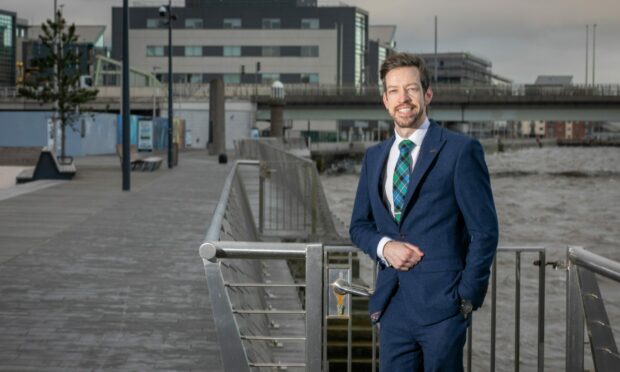
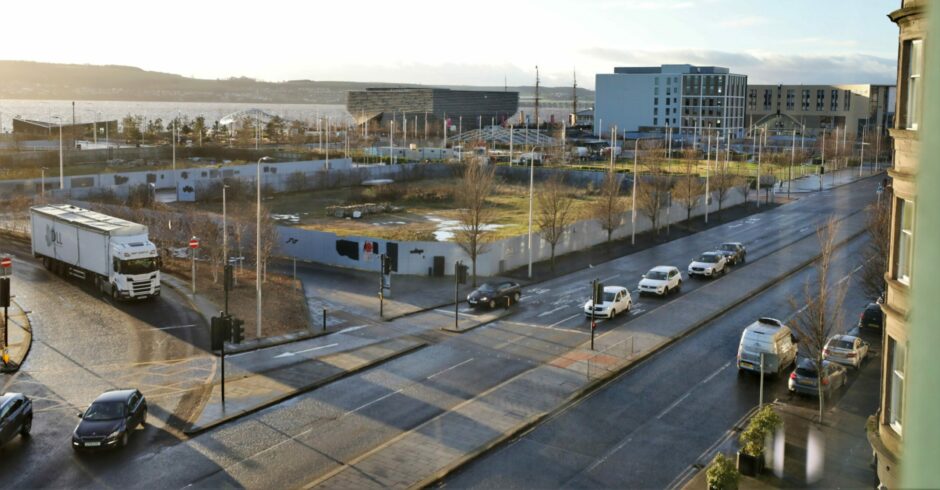
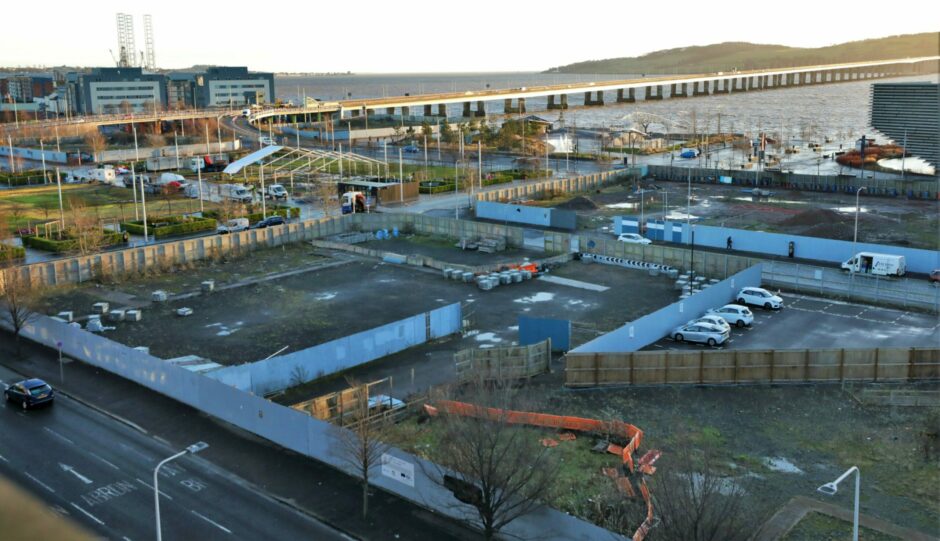
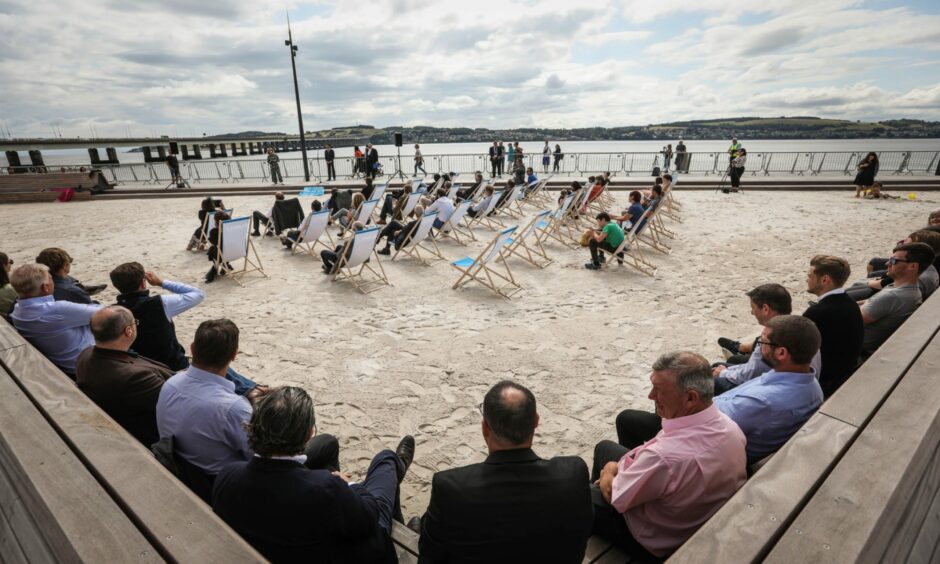
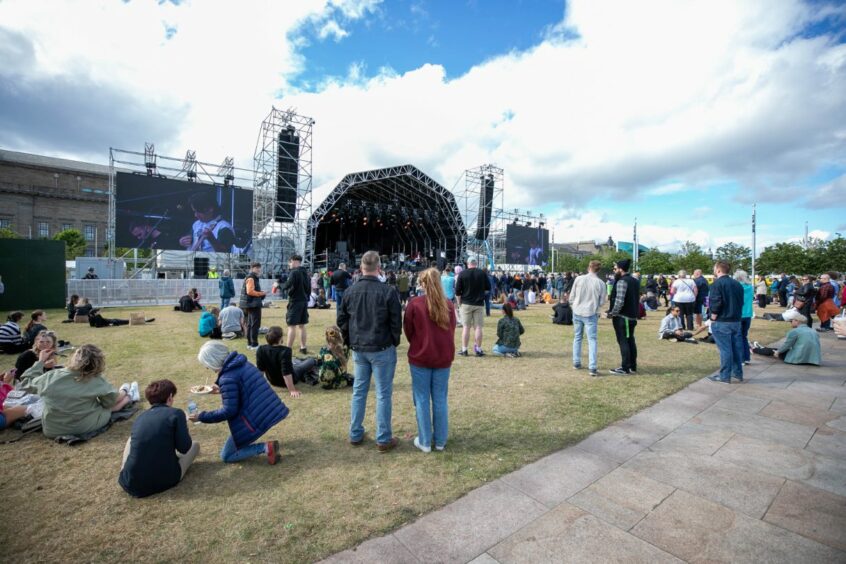
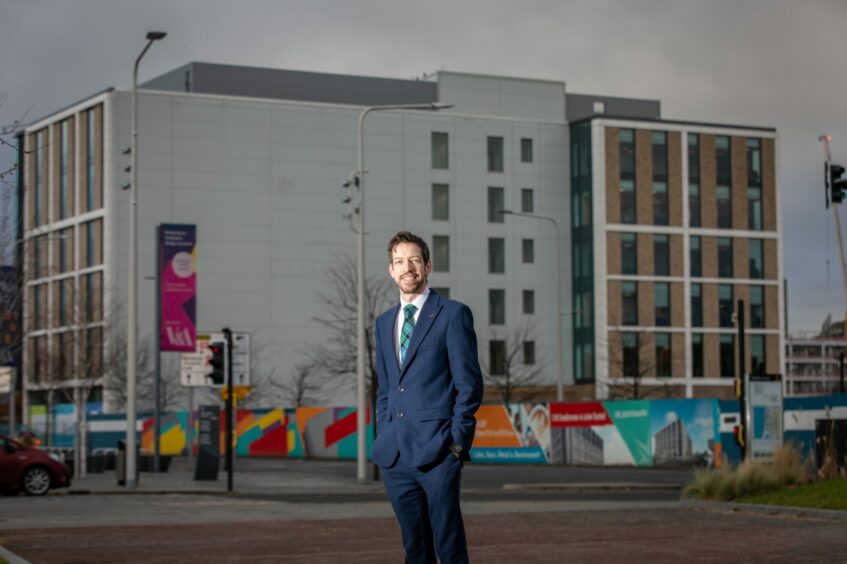
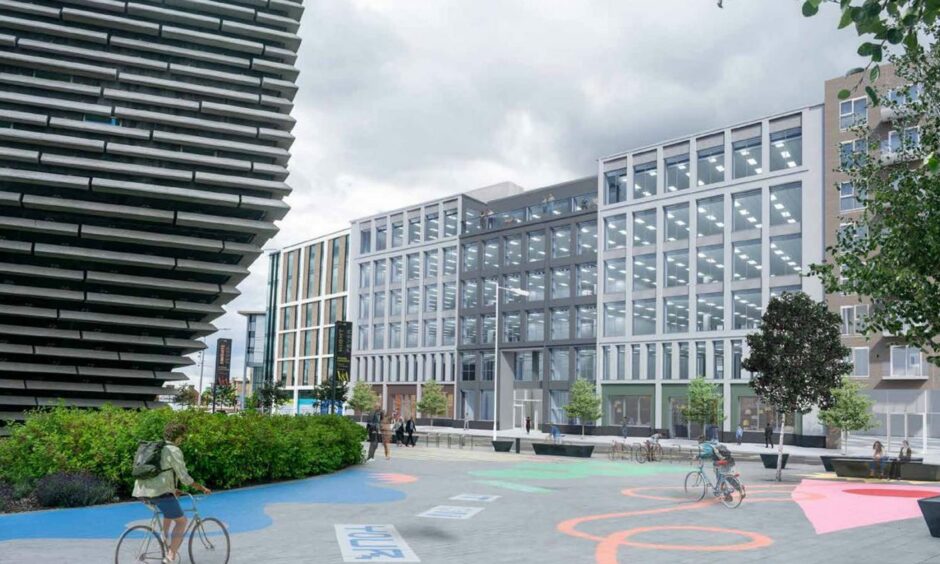
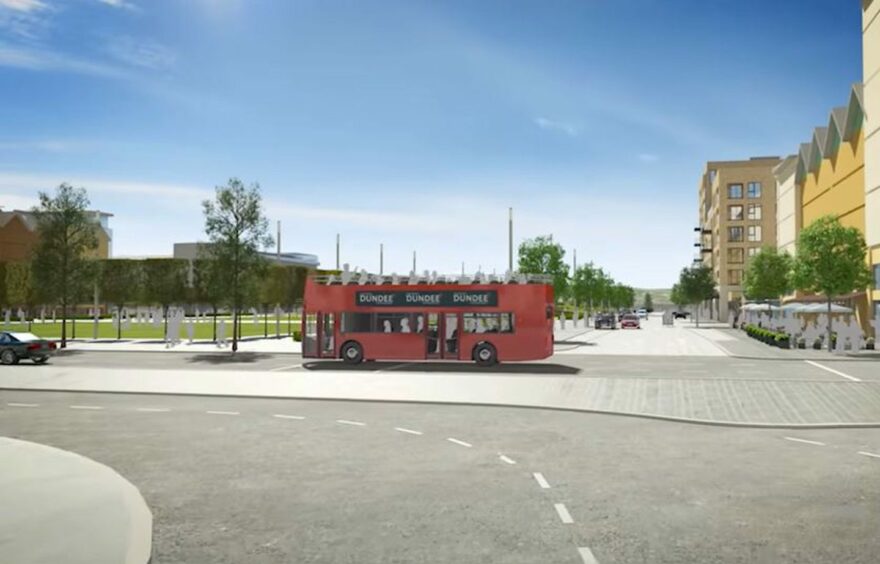
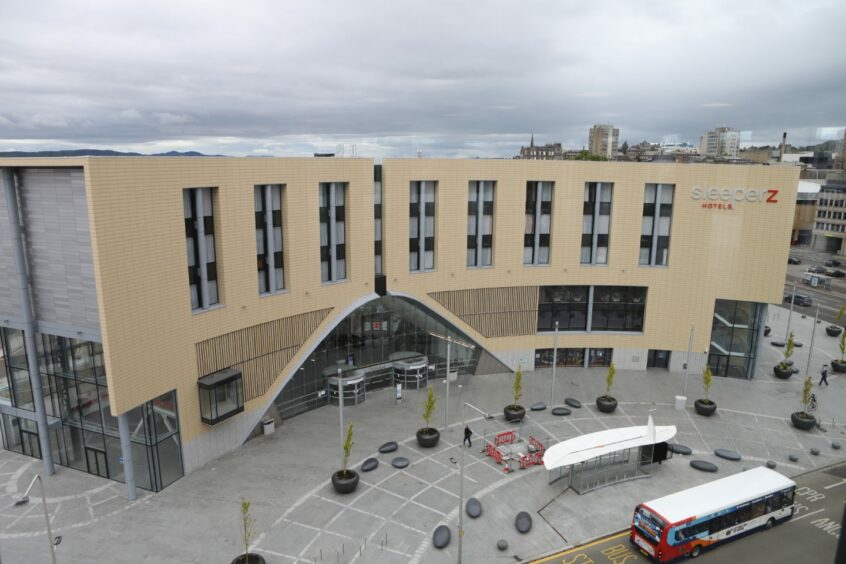
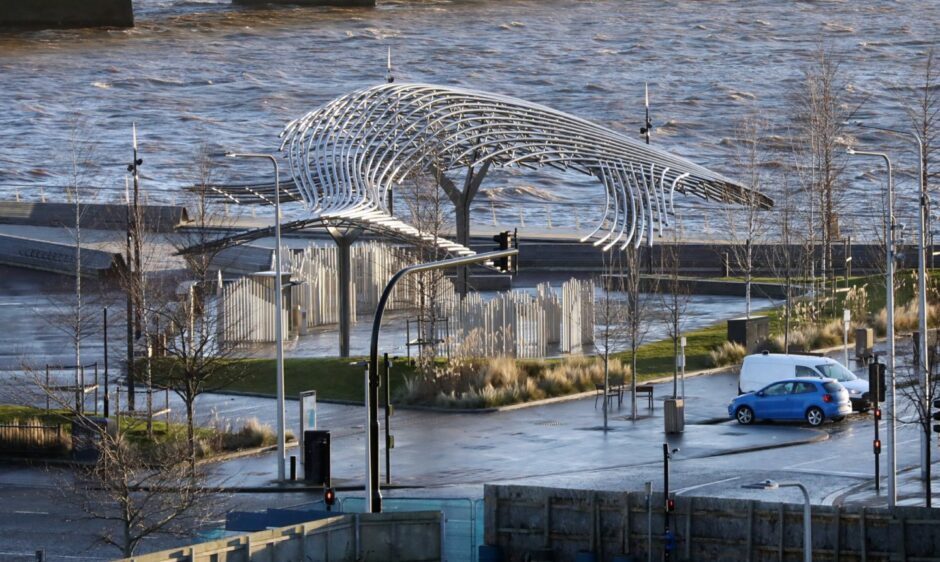
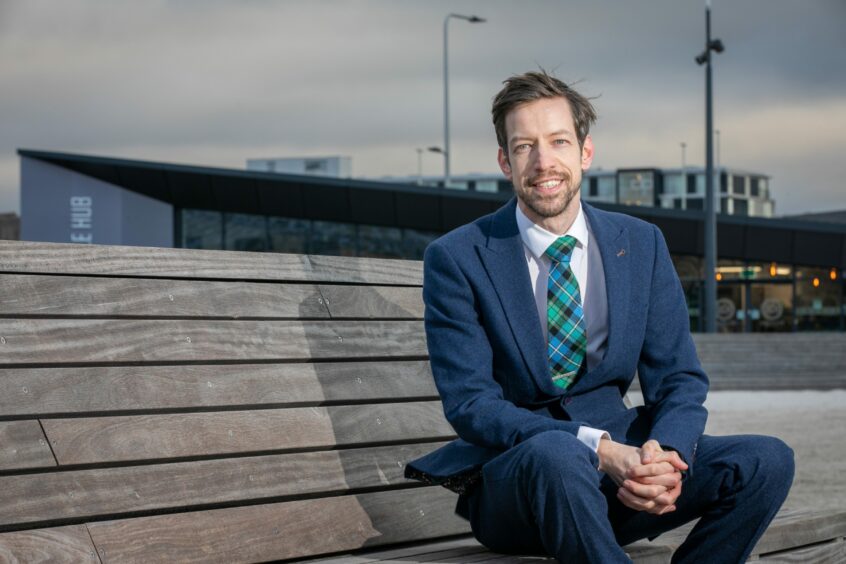
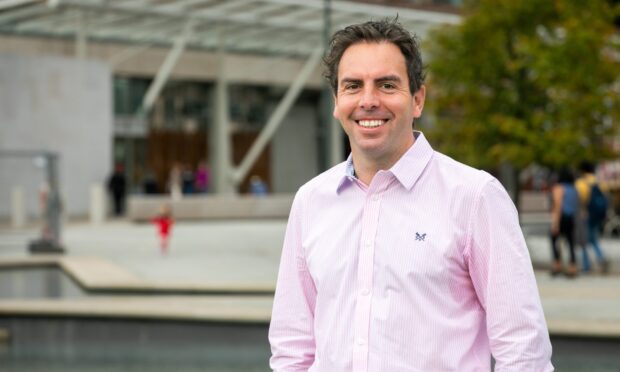
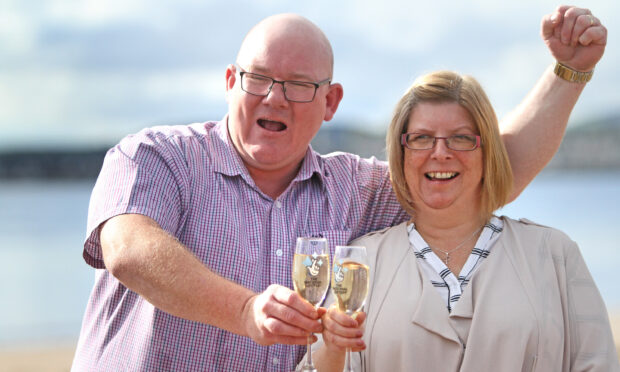
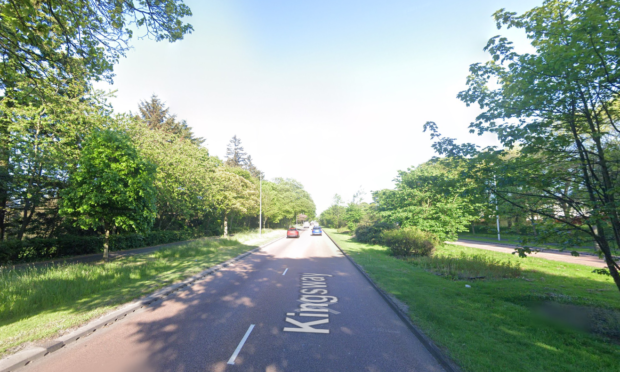
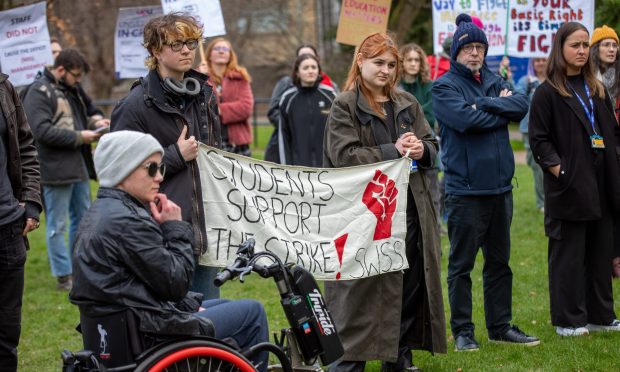



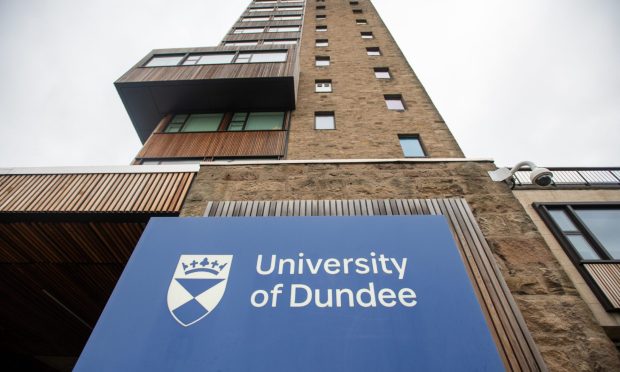

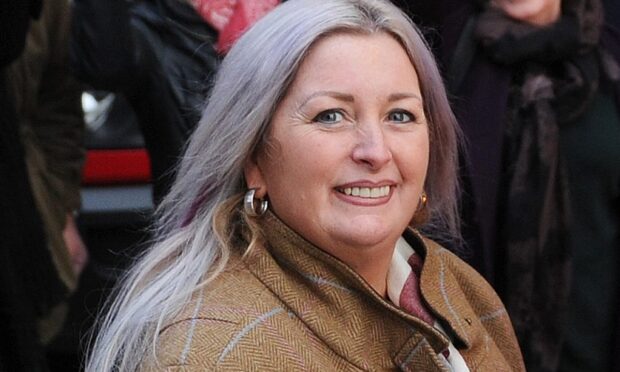
Conversation